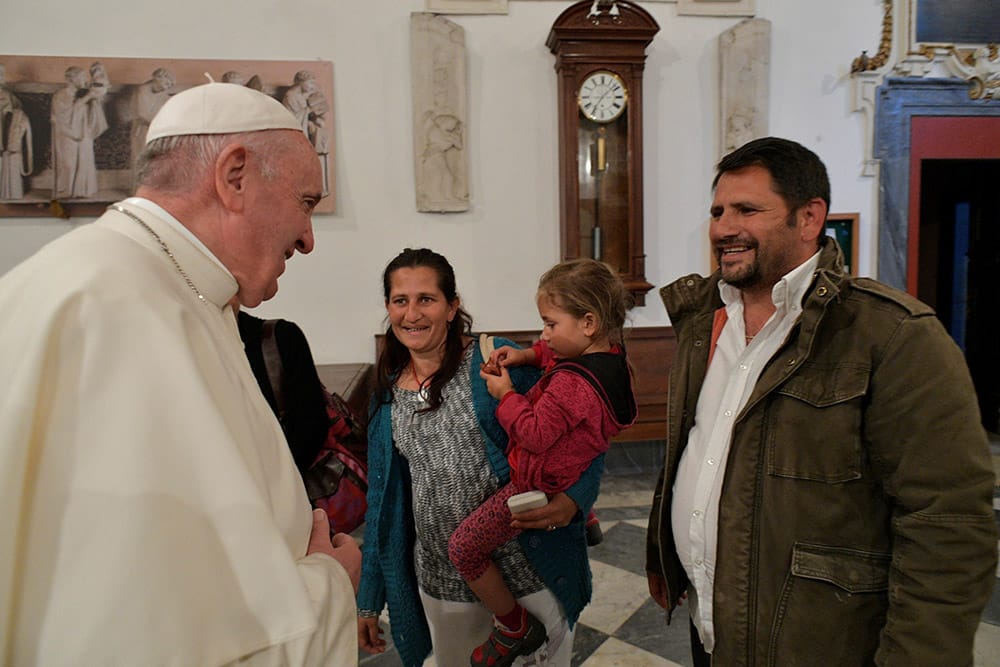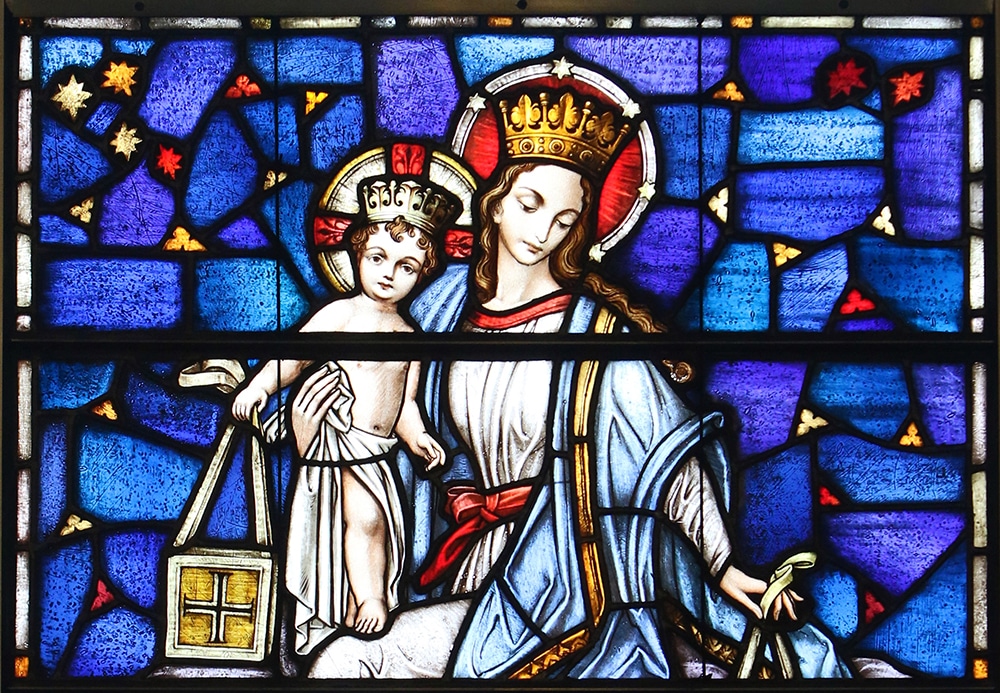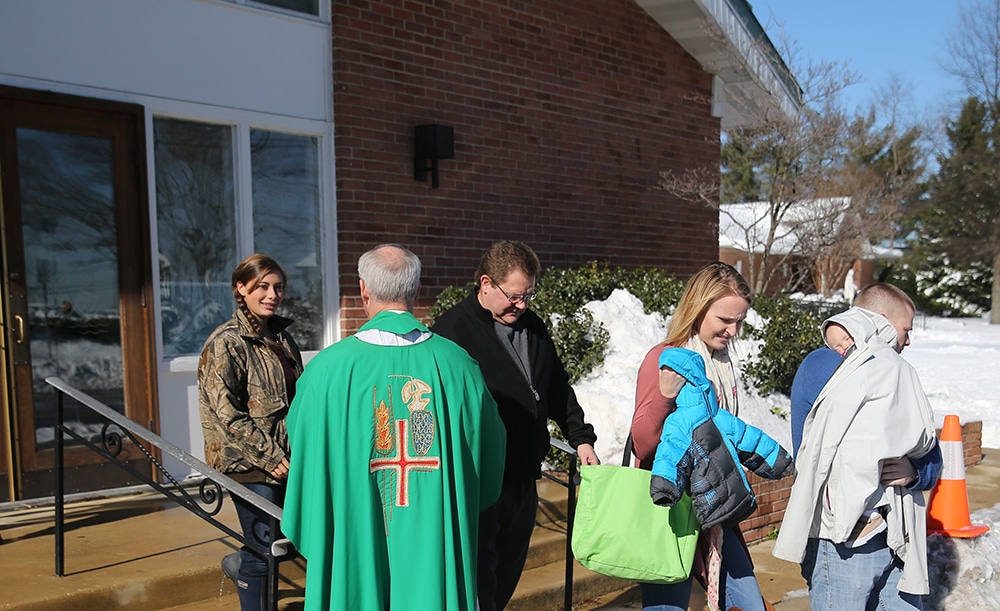 At the beginning of Advent, I was struck by an article I read on the Word on Fire website by Father Damian Ference about dealing with past sins — particularly what Peter and Jesus can teach us about how to handle them. Haven’t we all had things that we’ve confessed that seem to linger in the brain and even on the heart, despite our understanding of and belief in God’s boundless mercy?
At the beginning of Advent, I was struck by an article I read on the Word on Fire website by Father Damian Ference about dealing with past sins — particularly what Peter and Jesus can teach us about how to handle them. Haven’t we all had things that we’ve confessed that seem to linger in the brain and even on the heart, despite our understanding of and belief in God’s boundless mercy?
Father Ference’s reflection, so appropriate for the penitential season of Advent, also is fitting as we begin this new year. If there was ever a year to encourage us to want to leave the past in the past, 2020 should be it.
In his article, Father Ference begins by reflecting on the trio of denials of Christ issued by Peter, denials that left “the one who Jesus had handpicked to be the fearless leader of the Apostles, off in the corner weeping.” And he reflects on the healing exchange, after Jesus’ resurrection, where Jesus asks Peter three times if he loves him. “Three times Peter responds that he loves Jesus, and in doing so, Peter experiences Jesus’ love, forgiveness, healing, and mercy. Jesus makes all things new, and in that moment, he makes Peter new too,” Father Ference writes.
But despite the moment of forgiveness, the author poses a question that remains: How does Peter move beyond that moment in the courtyard where he denied ever knowing the Lord? How is he able to live with himself, to move forward with his life?
Father Ference writes: “What happened to Peter was that although he knew he was a great sinner, he also knew that Jesus loved him completely, as he was — a sinner. To paraphrase St. John Vianney, Peter knew that his sins were but a grain of sand in the ocean of God’s great mercy. It was the merciful love of Jesus that re-created Peter and made him new. Peter couldn’t do anything about his sins other than confess them. But Jesus could; and he did. Peter denied Jesus three times, so in his love, Jesus offered Peter an opportunity to tell Jesus that he loved him — three times. And with that Peter was forgiven and made new. From that point on, whenever Peter thought back about the time he denied Jesus, he didn’t think about it as sin committed, but sin confessed and forgiven.”
What really took place, he explains, was a healing of memory. And this is what each of us is called to, also.
“The devil’s great trick is to make us think that God couldn’t possibly forgive certain sins, because they’re just too severe,” Father Ference writes. “Even if we’ve confessed certain sins, and in our heads we know that God is merciful and has forgiven us, sometimes just thinking back to those embarrassing moments makes us doubt the power of God’s mercy and the fact that he can really make all things new. But Peter’s story reminds us that those kinds of thoughts are from the Evil One. God is not a liar and he truly does make all things new for those who accept his merciful love.”
These words offer incredible comfort for we mortal sinners because of their undeniable truth. Rather than hanging on to our past hurts, we should seek to transform them — remembering them as past mercies.
As we enter into a new year — a time when we actively seek to tidy up not only our homes, but our souls — what memories might we be carrying that are in need of healing? And can we, like Peter, start to remember past offenses against God not as sins committed, but as sins confessed and forgiven?
Gretchen R. Crowe is editorial director for periodicals at OSV. Follow her on Twitter @GretchenOSV.







